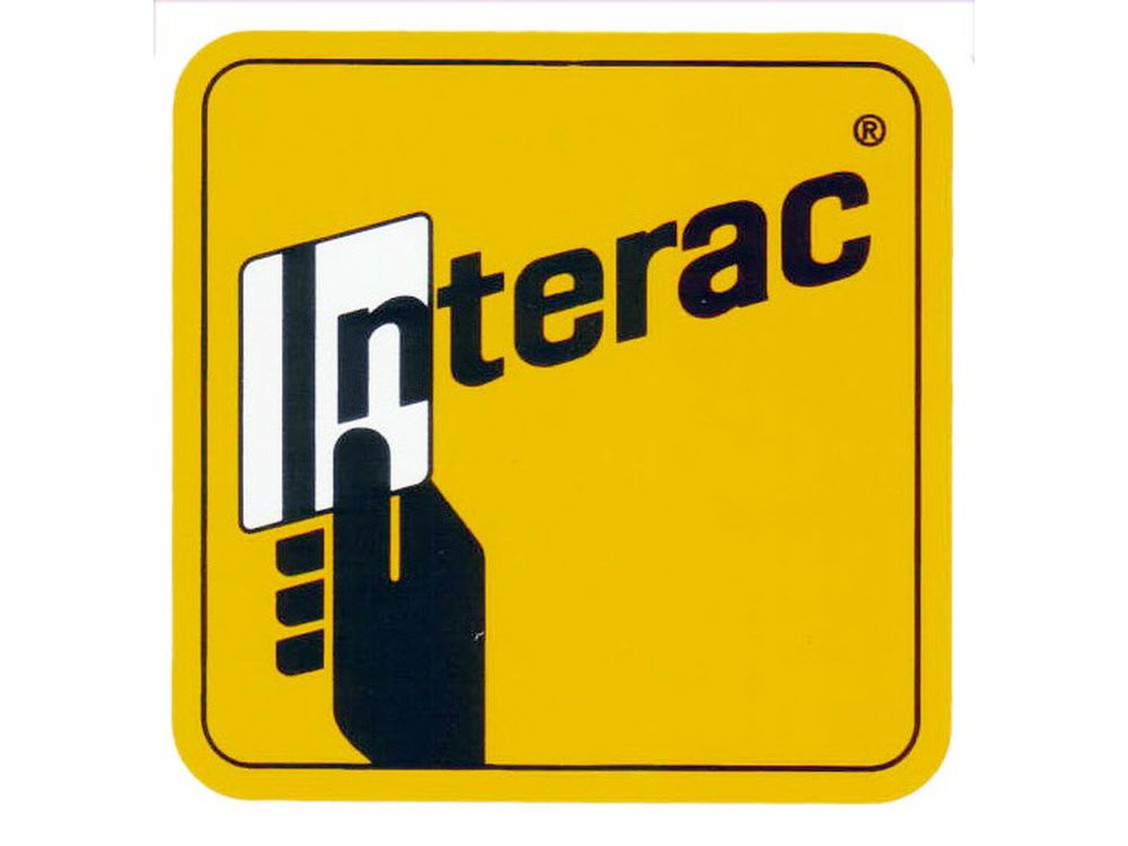Netflix on Thursday reported that its subscriber growth slowed dramatically during the summer, a sign the huge gains from the video-streaming service’s crackdown on freeloading viewers is tapering off.
The 5.1 million subscribers that Netflix added during the July-September period represented a 42% decline from the total gained during the same time last year. Even so, the company’s revenue and profit rose at a faster pace than analysts had projected, according to FactSet Research.
Netflix ended September with 282.7 million worldwide subscribers — far more than any other streaming service.
The Los Gatos, California, company earned $2.36 billion, or $5.40 per share, a 41% increase from the same time last year. Revenue climbed 15% from a year ago to $9.82 billion. Netflix management predicted the company’s revenue will rise at the same 15% year-over-year pace during the October-December period, slightly than better than analysts have been expecting.
The strong financial performance in the past quarter coupled with the upbeat forecast eclipsed any worries about slowing subscriber growth. Netflix’s stock price surged nearly 4% in extended trading after the numbers came out, building upon a more than 40% increase in the company’s shares so far this year.
The past quarter’s subscriber gains were the lowest posted in any three-month period since the beginning of last year. That drop-off indicates Netflix is shifting to a new phase after reaping the benefits from a ban on the once-rampant practice of sharing account passwords that enabled an estimated 100 million people watch its popular service without paying for it.
The crackdown, triggered by a rare loss of subscribers coming out of the pandemic in 2022, helped Netflix add 57 million subscribers from June 2022 through this June — an average of more than 7 million per quarter, while many of its industry rivals have been struggling as households curbed their discretionary spending.
Netflix’s gains also were propelled by a low-priced version of its service that included commercials for the first time in its history. The company still is only getting a small fraction of its revenue from the 2-year-old advertising push, but Netflix is intensifying its focus on that segment of its business to help boost its profits.
In a letter to shareholder, Netflix reiterated previous cautionary notes about its expansion into advertising, though the low-priced option including commercials has become its fastest growing segment.
“We have much more work to do improving our offering for advertisers, which will be a priority over the next few years,” Netflix management wrote in the letter.
As part of its evolution, Netflix has been increasingly supplementing its lineup of scripted TV series and movies with live programming, such as a Labor Day spectacle featuring renowned glutton Joey Chestnut setting a world record for gorging on hot dogs in a showdown with his longtime nemesis Takeru Kobayashi.
Netflix will be trying to attract more viewer during the current quarter with a Nov. 15 fight pitting former heavyweight champion Mike Tyson against Jake Paul, a YouTube sensation turned boxer, and two National Football League games on Christmas Day.
